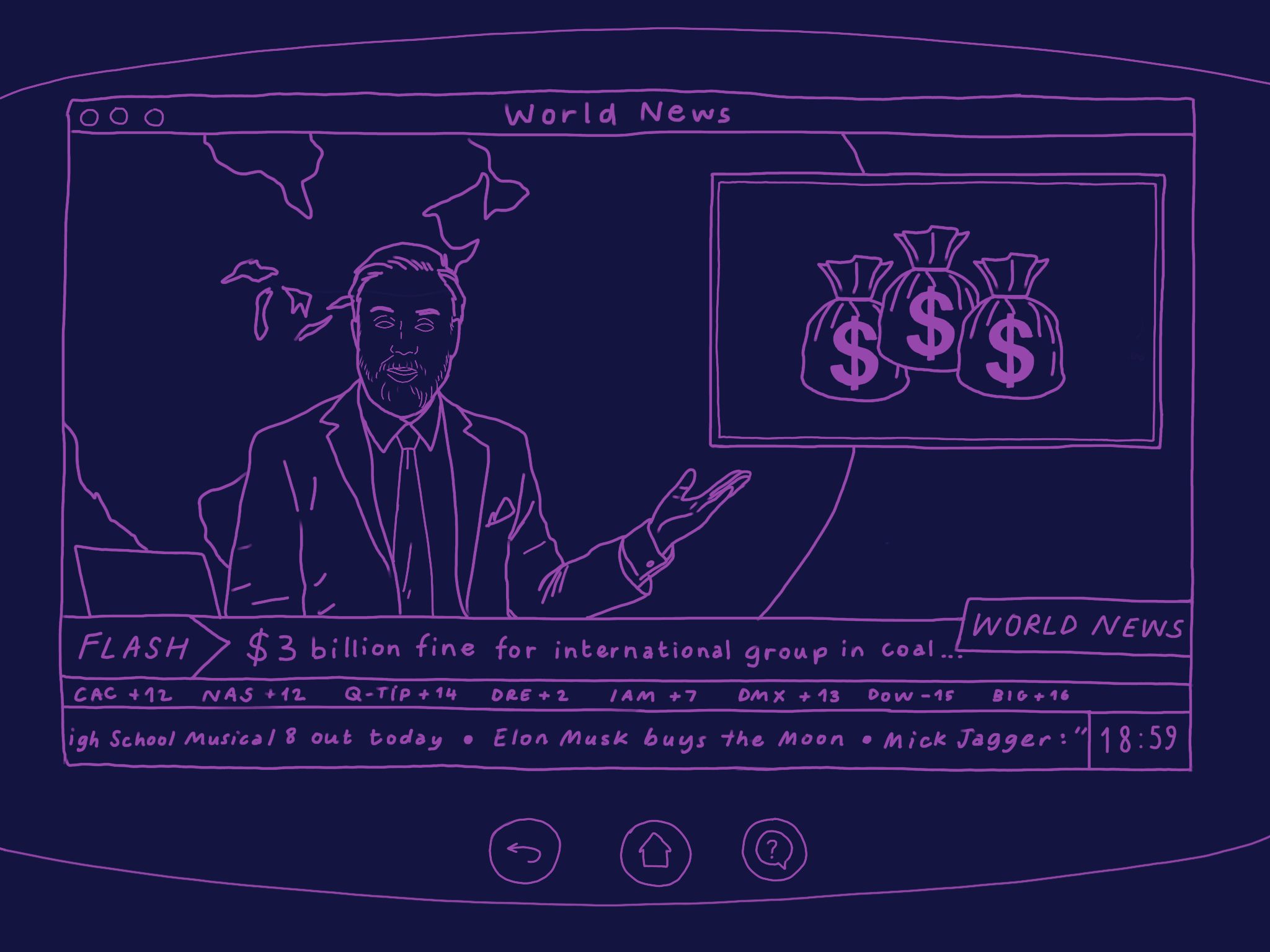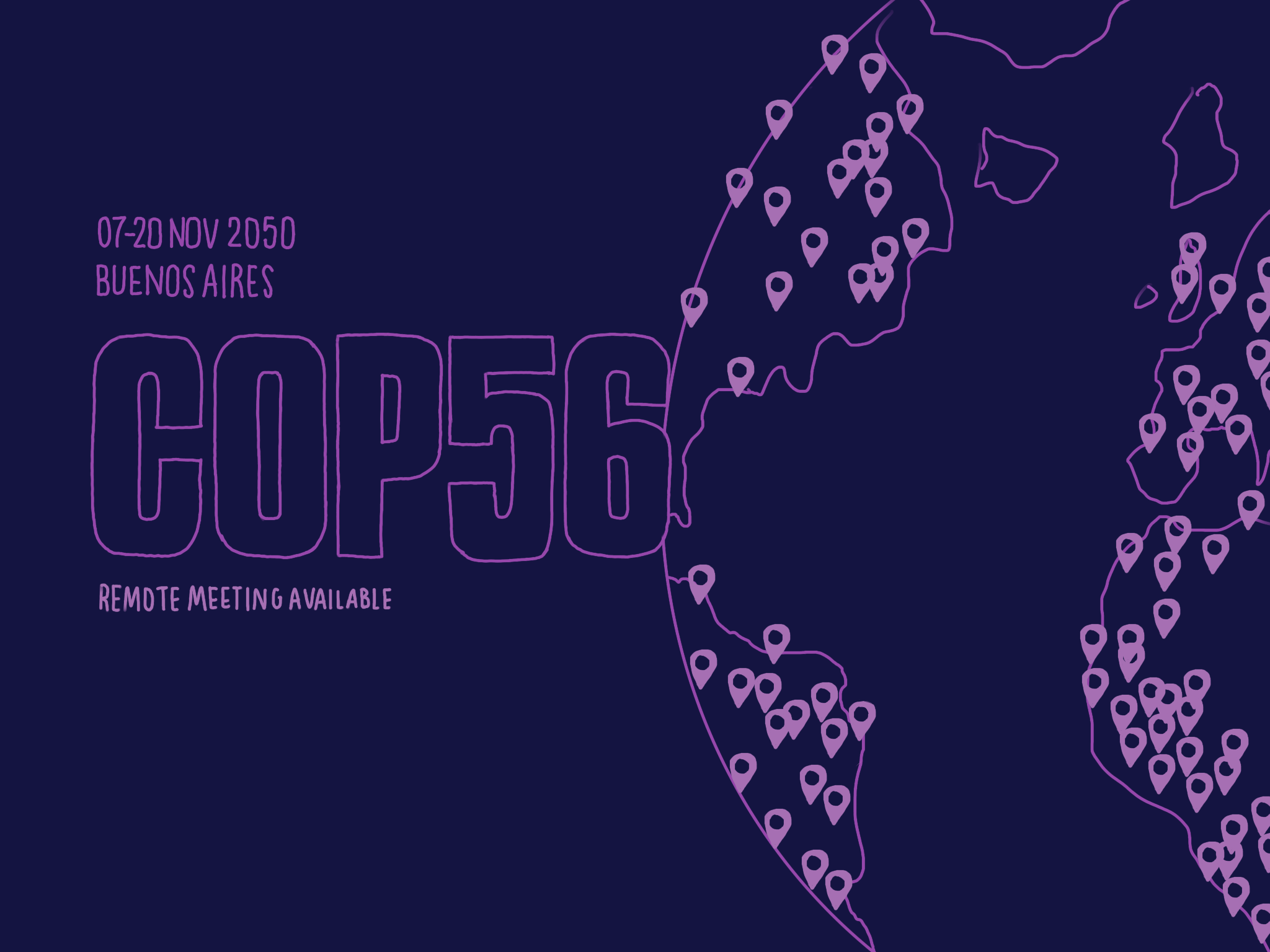On Thursday June 8, Go1 brought together its customers for its Digital Learning Club in Paris. Twice a year, this event brings together our corporate customers to share news and learning experiences, as well as best practices.
This edition theme was “How to engage learners & train the workforce on green skills“. How can employees be guided towards greater ecological awareness? How can we recruit and retain employees who are increasingly interested in these issues? How can we make the practical link between HR and CSR? These questions were at the heart of our exchanges, and were the subject of a panel discussion with experts.
Speakers’ panel: how to engage employees in green skills?
Stéphanie Osmont, La Poste Group Director of Social and Environmental Innovation, Julie de La Sablière, President of Little Wing, and Christian Nouel, chairman of the Fondation Croissance Responsable, took part in our Digital Learning Club panel discussion moderated by Amélie Barloy Lancrenon, Director of Partnerships and Content at Coorpacademy by Go1.
During this exchange, the panelists shared their ideas on greening employee skills and, more generally, discussed the challenges of transforming companies to achieve their sustainable transition objectives.
Three key points stand out:
All concerned: CSR is everywhere
La Poste is committed to “crossing the 50,000 Frescos mark internally by the Paris Olympic Games”, explains Stéphanie Osmont. This example of the number of employees to be targeted as part of the Climate Fresco training was a reminder that communicating around precise, measurable objectives is a crucial lever in the sustainable transition of companies.
The Climate Fresco (“Fresque du Climat” in French) is a French tool which objective is to raise employee awareness of the challenges posed by the climate emergency, teaches about the solutions available and encourages participants to get moving, so that everyone can play their part, both personally and professionally. This type of event is one of the building blocks of a company’s commitment to social responsibility, which is increasingly moving away from a silo-based CSR policy towards a genuine commitment to social responsibility.
The committed company: a clear demand from employees
Companies have had to change many times in recent history, proving that their transformation is far from impossible. When companies adapted to the digital revolution, the challenge was to create as much alignment as possible between employees’ personal and professional lives (adoption of everyday tools, reskilling in most professions…).
Julie de La Sablière draws this parallel to explain that, in the same way, companies need to take the measure of their teams’ demands and expectations with regard to the ecological transition. The first step is to listen to them, which is still not done systematically enough. Yet there is a strong expectation and desire not only for training, but also for “power to act” within one’s organization. While one in 2 working people feel that their skills are not up to the ecological challenges (Unédic with Elabe), all employees today see the value of training in these issues. The expectation is real.
His advice to company directors? “Make strong decisions and give employees the means to take action: to do this, you need to align management teams, put in place the right training solutions, but also and above all support employees in taking on board these issues, which are often very anxiety-provoking when they are not turned towards action.”
Leading by example: the duty of major groups
For Christian Nouel, this parallel between digital transformation and the sustainable transition of companies is also interesting from the point of view of the place of the law in these processes. Where the law lagged behind the Internet, it is now an essential pillar of sustainable transition, forcing companies to rethink their strategy and adapt their governance.
It is also necessary to create a group effect, so that large companies enable smaller ones to achieve the sustainability objectives assigned to them by law and regulation. In this way, the ecosystem needs to show solidarity and get moving, around ambitious, shared objectives. To achieve this, Christian Nouel insists on the need to adopt “a totally holistic vision”.
Green Skills Pack: heading for sustainable development week!
After a networking lunch featuring Go1 CEO Andrew Barnes, the Digital Learning Club resumed with an interactive quiz hosted by Nandi Dossou, Head of Customer Success & Support at Coorpacademy by Go1, and won hands down by our corporate client LCL!
This was followed by a presentation of our “Green Skills Pack”, tailor-made for our customers. The heads of our Customer Success team, Capucine Forbin and Morgane Poilleux, explained how to take advantage of Sustainable Development Week this September, but also how to promote the ecological transition every other day of the year. Employee engagement is ensured by dedicated events and interesting, entertaining content, which we organize into playlists designed to help you achieve your green skills objectives.
Our course with the C3D (Collège des Directeurs du Développement Durable), “Understanding the ecological crisis“, was the most popular course in the Coorpacademy by Go1 catalog this month!
Thank you all for your active participation and for sharing your ideas at our Digital Learning Club!


